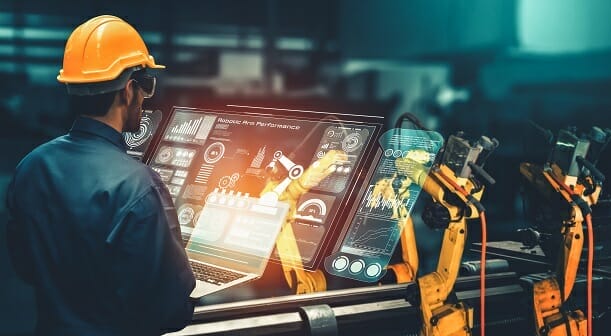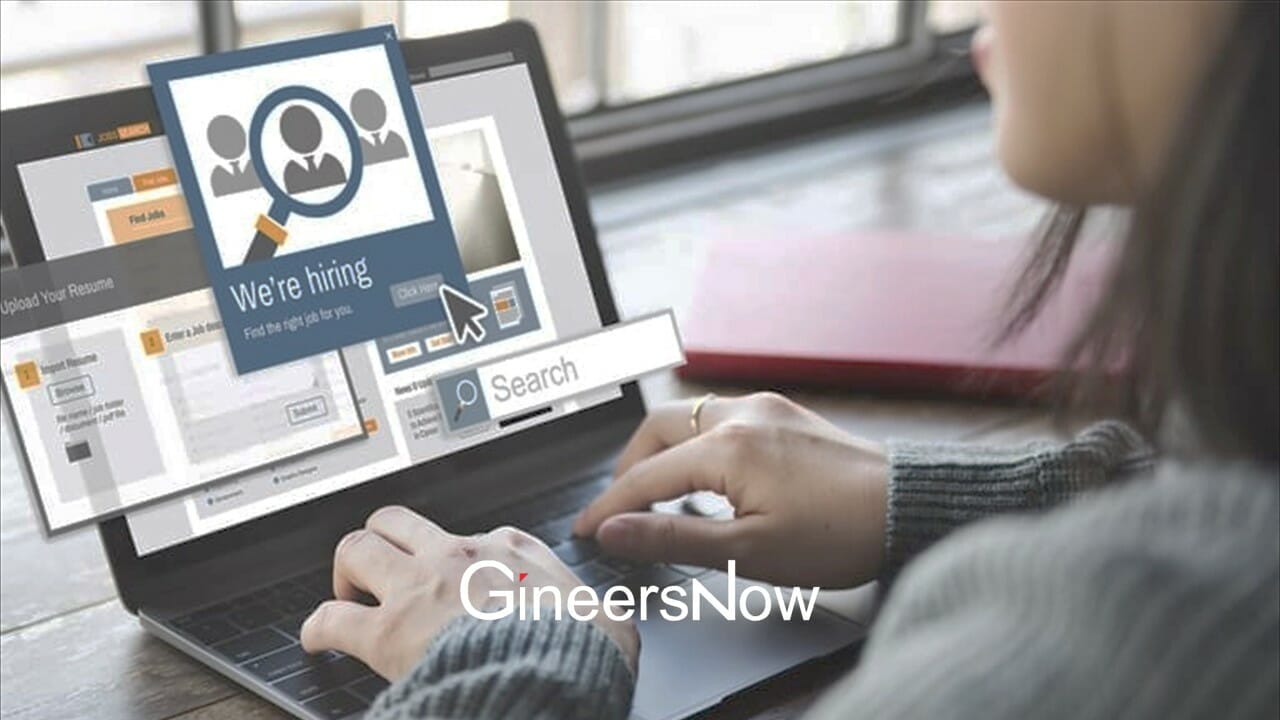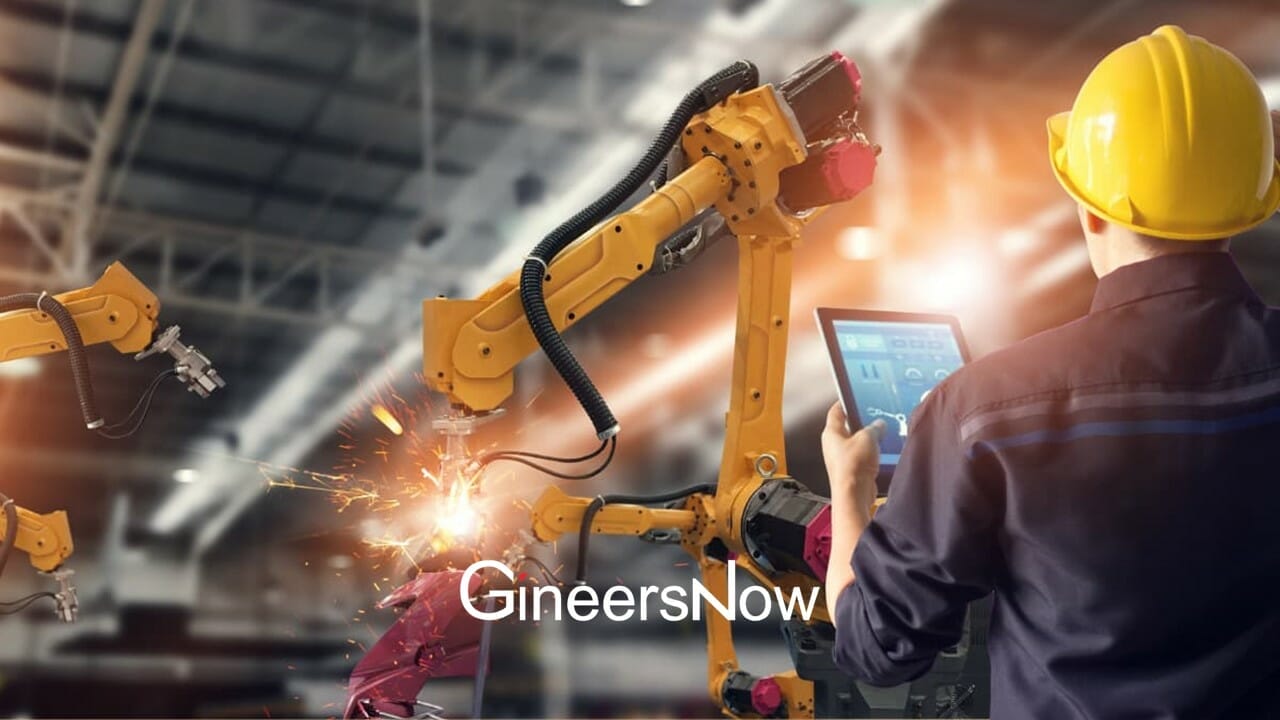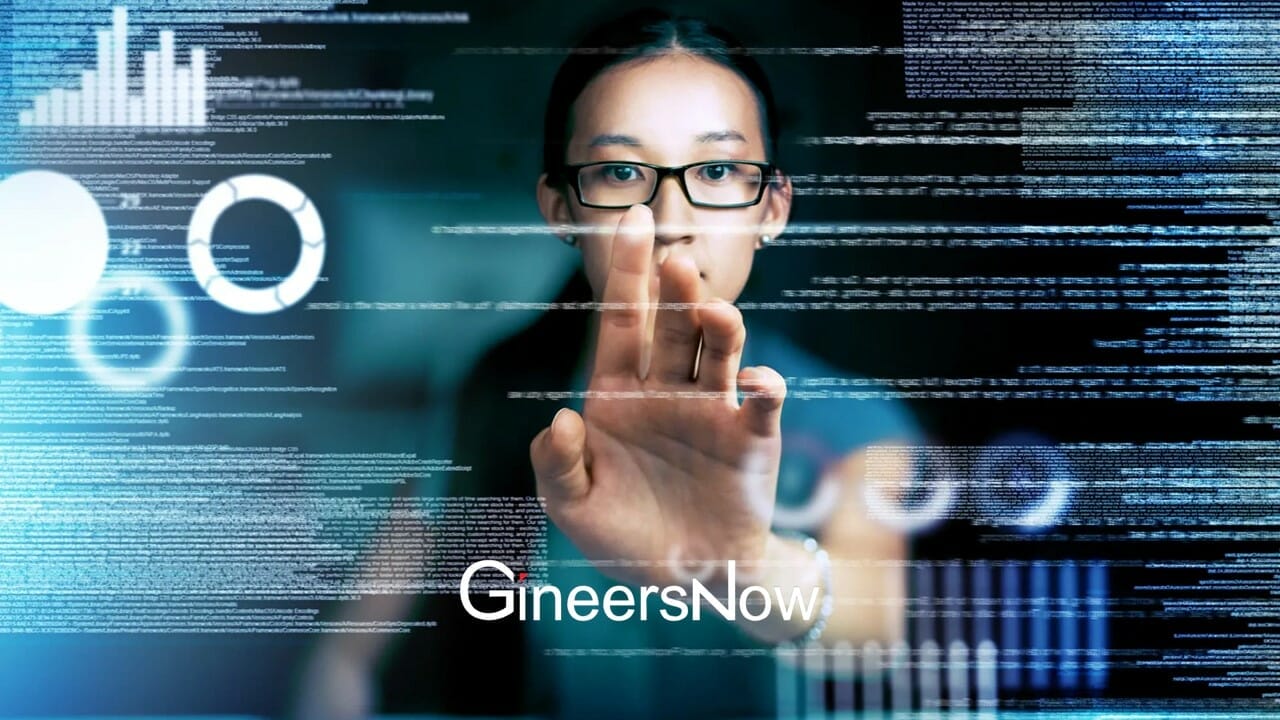Future Engineers: Guide on How to Survive the Year 2035 Jobs and Skills
A guide for the future engineers out there.
An Australian report predicted that in the next 20 years, a huge chunk of employees will act as remote controls to unmanned vehicles, some will be personalized preventive health helpers, and others as online chaperones due to cyber security. This report, authored by Commonwealth Scientific and Industrial Research Organization, indicates that new skills will be required for the workforce to learn as we move along with the Fourth Industrial Revolution.

Guide for the Future Engineers (Source: Pinterest)

Guide for the Future Engineers (Source: Giphy)
Unmanned vehicles have started their era and by 2035, all we need are pilots, ship captains and drivers working on their vehicles even a thousand miles apart.
Personalized preventive health helpers will emerge as well, who need to have great people skills, and the ability to interpret and understand health and well-being data. As people around the world age, this kind of jobs will be significant.
Online chaperones will be a job title as well in the next 20 years because of the risks imposed by cyber-crime. They will provide protection and support for online activity.

Guide for the Future Engineers (Source: Giphy)
Transitions within the workplace due to innovation also mean transition with skills. By 2020, World Economic Forum listed top 10 skills needed in the future workplace, in the following order as listed in their Future of Jobs report: complex problem solving, critical thinking, creativity, people management, coordinating with others, emotional intelligence, judgment and decision making, service orientation, negotiation, and cognitive flexibility.

Guide for the Future Engineers (Source: Giphy)
Cognitive flexibility
The rise of digital technologies means you’re going to need to be able to handle the plethora of opportunities and challenges that come with it.
Do you have the ability to adapt to change and conceptualize complex multiple ideas all at once? If so, you’re showing qualities that reside in advanced multi-taskers and which are highly valued by employers and recruiters.
Digital literacy and computational thinking
As the world continues to rely on highly technical and continuously evolving technologies, the need for those with the digital skills to match also increases.
You’ve most definitely heard of STEM, but have you heard of SMAC (social, mobile, analytics and cloud)? Although it may seem like we’re being bombarded with digital buzzwords, being digitally literate offers capabilities beyond what was once thought possible when it comes to emerging technologies, such as artificial intelligence (AI), machine learning, Internet of Things (IoT), and data science.

Judgement and decision-making
Although robots and automation technology may be better than humans in other ways such as calculations and diagnostic solving, it’s still going to be humans that deal with the subjective side of data analytics.
Considering we’re on the cusp of the fourth industrial revolution, we’re still going to need to have somebody who is able to show the world what numbers mean and their significance.
Emotional and social intelligence
For everything that can be replaced by digital technologies and artificial intelligence, emotional and social intelligence remain uniquely human capabilities.
In some sectors, these qualities are absolutely crucial. The demand for jobs in healthcare, for example, are on the increase – demonstrating how some roles will always require a human element. Your future job is more than likely going to include working closely with others, so having empathy, the ability to collaborate, as well as excellent communication skills is something you’re most definitely going to need.

Creative and innovative mindset
Despite a report by the World Economic Forum in 2018 suggesting robot automation will create more jobs than they displace, you’ll still do well to keep on top of your creativity skills and maintain an innovative mindset.
Much like having an excellent sense of social intelligence, natural creativity is something which can’t be easily replicated by the latest digital technologies. As long as you can think outside the box, you’ll be just fine.



















